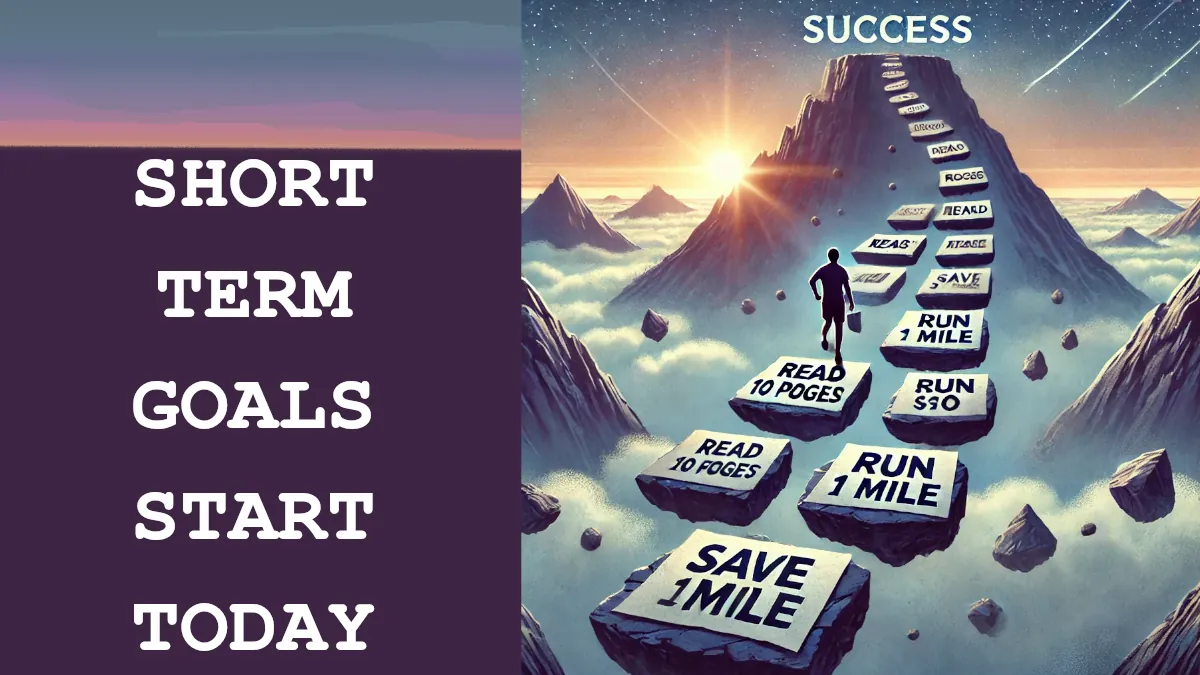I worked as a life coach and career consultant for many years and helped clients every day who were overwhelmed and felt their lives were out of control. Rather than just give them a comforting talk about how things will be OK or a strategy to change jobs or boost an area of their lives, they needed life management.
It’s easy to forget that there’s more to life than work or our friends, and even if you don’t feel like the sky is falling, aspects of your life are no doubt getting less attention than they deserve. A system to manage your life without boxing you in is what you need.
What Is Life Management?
You already have management skills. You use management techniques in your work life or at school. Learning how to recognize when it’s time to use those skills for self-management is the key to improve your life and solve your problems.
Life management is closely related to productivity and time management, but it’s different in scope. It doesn’t simply focus on the things you want to get done or personal goals you want to achieve. Instead, it takes a step back, looks at your life as a whole with a critical eye, and says, “am I living the way I want?”
If you’re not, better life management is the answer.
- Looking at the areas of your life
- Reducing time spent in unimportant areas that don’t align with who you want to be
- Creating a plan and goals to keep you aligned
Professionals are often brought in to help facilitate managing your life, but with just a little knowledge, you can do it yourself.
What It Isn’t
Life management and organizational systems get reputations as overly complex, rigid systems that limit your freedom and creativity, but it doesn’t need to be this way. Effectively managing your life should give you the necessary space and time necessary to be as spontaneous, creative, or structured as you like.
The point of life management isn’t to restrict you. It’s to facilitate the person you are and want to be.
Why You Should Manage Your Life
The truth is that without systematic review or planning, we do an awful job of managing our lives and prioritizing our time. For example, have you ever gotten a new girlfriend and months later realized your social life has completely fallen off a cliff? Or, after getting the job you wanted, it’s easy to realize years later that you gave up all your hobbies.
It’s fine to spend time focusing on one thing occasionally. For example, monk mode, where you dedicate a specific length of time to improving one aspect of your life, is an excellent way to make fast progress. But your life is more than that one thing; sooner or later, you’ll want to return and focus on the other parts of your life.
- Achieve a feeling of balance in your life
- Make progress in multiple areas
- Reduce stress and anxiety
- Live a more meaningful life
How to Start Life Management
How many areas of your life are there? If you don’t know or need to think about it, this quick exercise will be an eye-opener. The first time seeing the categories of your entire life laid out in front of you is a therapeutic experience. Then, knowing that that’s all there is, that there is nothing else lurking, and that as long as you manage these categories, you’ll live the life you want can be a life-altering experience.
But it’s just the start. You need to know what you’re dealing with before you can start problem-solving or managing anything. Listing or diagramming the parts of your life is valuable and helps you start putting your focus where it should go. Here’s how to do it.
Step One List the Areas of Your Life
On a piece of paper, write down the areas of your life that:
- Can’t be completed
- You wouldn’t give up
- Creates tasks, projects, or goals
- The main functions of your job (a salesperson may have client discovery, client relationship, and product knowledge as areas)
In Getting Things Done, David Allen calls them your areas of focus. Tony Robbins calls them something else in Time of Your Life. Whatever you call them, just make sure you know what they are before you start life management.
Some of these areas are universal, such as:
- Finance
- Health
- Family
- Social Life
- Fitness
But then others will be individual to you:
- Guitar
- Tennis
- Sales (as a part of your job or a business you own)
- Coding
- Training
- Reading
- Education
When you define the areas of your life in this way, most people will have between 7-15 areas. Here are more examples of areas of focus.
If you don’t want to make a list, you could create a mindmap instead. David Allen has his areas of focus in a mindmap. Or you could draw pictures for each category. Do it any way you wish; it represents your life, after all.
Now that you have clearly defined areas of your life, it’s time to start managing them.
Start by looking at your areas and ask yourself if there are any that you have been ignoring lately. Perhaps it’s a hobby or your extended family.
Next, ask yourself if there are areas where you are spending too much time. For example, perhaps you spend too much time at work or out socializing.
These two questions will give you an idea of how well your life is balanced and may even start you thinking about what you should do to rectify it.
But the next step will make everything crystal clear.
Step Two Track Your Time
Most people resist this step, saying, “I know more or less how much time I spend doing things.” While that might be true, you know how much time you spend on the areas of your life. The amount of time your spend on things outside your areas may not be so obvious.
Jordan Peterson surveyed his students and found that the average student wasted between 4-6 hours daily. You might think you don’t have 4-6 hours to waste, but the results will surprise you if you track your time for a week.
How to track your time
Many apps will help you do this if you prefer to track it on your phone. The simplest way is to
- Split each day into 30-minute increments are write them down in the margin of a notebook.
- Set a reminder to buzz every hour on the hour.
- Write the activity you were engaged in for the two 30 minutes that just past.
- Use a spreadsheet for graphs and visual representations.
At the end of the week, count the time and put them into your categories from step one. How much time did you spend on activities you don’t consider a part of your life? A huge part of effective stress management is just learning to say no to assignments or activities that act as stressors or distractions from the predefined areas of your life.
Imagine the motivating effect on your mindset if you redirected that time and learned to prioritize more meaningful activities.
Step Three: Create a Vision for Your Life
Now that you have well-defined areas of your life and know where you spend your time, it’s time to look toward the future.
Visioning is sometimes regarded as woo-woo, but it’s tough to achieve something if you don’t know what it is. Of course, we all want to live better, be more fulfilled, and be happier, but how each person achieves those things is different. In my consulting work, I often used questions to help motivate clients to develop a vision for their future.
- What do you imagine your life would be like if you were highly successful?
- Imagine you had the life you wanted in 5 years. After you wake up and clean your teeth, what would you do? Walk me through an entire day.
- What would you be happy to do, even if it meant you’d never be rich?
Some clients needed help seeing their vision of success, while others knew already. Deadlines like 5 or 10 years may be helpful to stick to the future, but maybe not. Your vision doesn’t need to be super specific. It could be as simple as “A slow-paced life in the countryside” or “A life of constant travel as a digital nomad.”
In the next step, you can make more concrete goals to help you achieve your vision.
Step Four Create Life Goals
With your vision in mind, it’s time to start creating a plan to progress toward it. You do this with goal setting.
Take out the areas of your life and, going through them one by one, ask yourself.
- What goal in this area of my life would get me closer to my life vision?
There may be some areas where you don’t need a goal but try to come up with something for most of your areas. These goals will form the basis of your plan. You don’t need to plan out every step to achieve your life goals. You only need the next action. So look at each goal and ask.
- What’s the next action to make progress on this?
You have now created a plan for life management. It’s a hierarchy with your life vision a the top, split into your life areas with goals and objectives for each one and actions to take. The only thing left is to do those actions and then ask what the next one is.
Useful Tools
Nothing beats pen and paper for making these kinds of lists. You can write, draw, connect ideas with arrows and cross things out. But paper doesn’t last long, and although you’ll likely check off your actions reasonably quickly, you should keep your vision, life areas, and goals somewhere permanent.
The is plenty of software you can use for this. I’d recommend using a note-taking app like Evernote or Obsidian. These tools will give you all you need to make lists and keep track of your goals.
A task manager or to-do list app is more suitable for tracking your subsequent actions. You can use tools like Obsidian for task management and GTD. Or, if you want something a little simpler, use Google tasks, Trello or Todoist.
Finally, consider Getting Things Done if you want to get more granular and create a more integrated system for managing even more aspects of your life.








